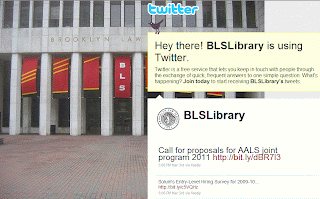Marking the end of Black History Month, the Black Law Students Association (BLSA) is celebrating the life and legacy of Percy Sutton this Friday, February 26th, 6pm – 9pm at the Subotnick Center on the 10th Floor of 250 Joralemon Street. He passed away at the age of 89 on December 27, 2009. Sutton, who graduated Brooklyn Law School with the Class of 1950, was a pioneering civil rights attorney, political leader and one of the nation’s most influential African-American leaders. The son of a slave, he became a Tuskegee Airmen in World War II. After graduating Brooklyn Law School, he opened a law office in 1953 and represented Malcolm X and the slain activist’s family for decades. When he served as Manhattan borough president between 1966 and 1977, Sutton was New York state’s highest ranking black elected official. Aside from his law practice, Sutton built a small media empire. In 1971, Sutton and his brother bought WLIB-AM, the first black-owned radio station in New York City. His company Inner City Broadcasting Corp. then acquired WBLS-FM, which became New York’s top-rated radio station. He also had stations in Los Angeles, San Francisco, Detroit and San Antonio along with Harlem’s landmark Apollo Theater. For more about Sutton’s life, see the National Visionary Leadship Project’s page with links to ten video clips of Sutton discussing aspects of his life. Shortly after Sutton’s passing, President Barack Obama issued a Statement remembering him for his service to the country.
BLS Alum former New York Mayor David Dinkins, Class of 1956, will make the opening remarks. Dinkins was the Mayor of New York City from 1990 through 1993 and was the first African American to hold that office. The Keynote speaker of the evening will be BLS Alum Errol Louis, Class of 2005. Louis is a columnist for the New York Daily News and is also on the editorial board, and also hosts a radio program on WWRL in New York. He is frequent guest on CNN’s Lou Dobbs Tonight, as well as other CNN news programs as a CNN contributor. In the past, he has been a contributor on many local news programs in New York City.
Dinner will be served with a cocktail hour set to begin at 6pm. Those who want to attend should RSVP to ashleyrallison@gmail.com.


 The Brooklyn Law School Library has been using Twitter this past year.
The Brooklyn Law School Library has been using Twitter this past year. 